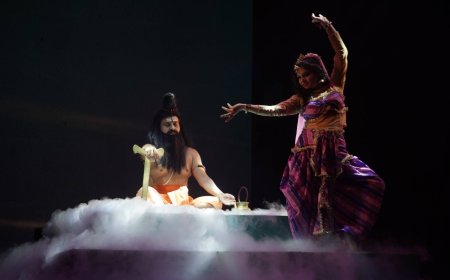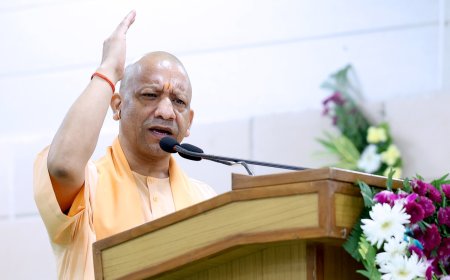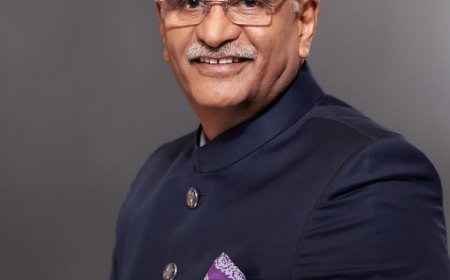Ethan Hunt’s Saga Rewrites Action Rules
Ethan Hunt’s Saga Rewrites Action Rules
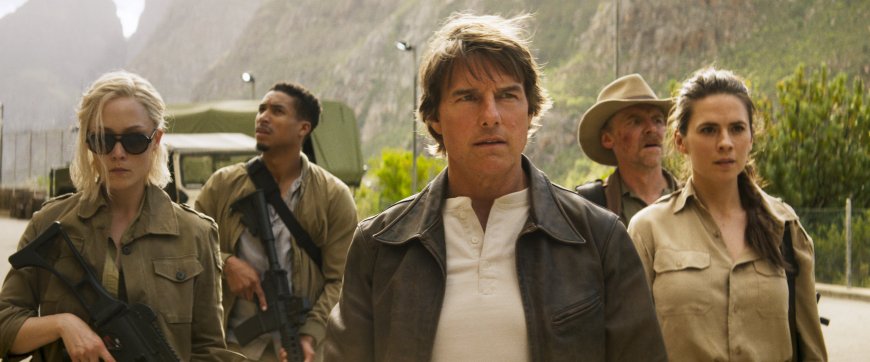
The Mission: Impossible franchise, born from the 1966-1973 television series created by Bruce Geller, has evolved over nearly three decades into one of Hollywood’s most enduring and influential action franchises. Its journey, marked by reinvention, star power, and groundbreaking stunts, has not only captivated audiences but also created a seismic impact in the film industry, redefining the action genre and elevating expectations for blockbuster filmmaking.
The franchise’s cinematic debut in 1996, directed by Brian De Palma, introduced Tom Cruise as Ethan Hunt, a skilled operative of the Impossible Missions Force (IMF). The first Mission: Impossible film, with its sleek espionage plot and iconic CIA vault heist sequence, grossed $457 million worldwide on an $80 million budget, per Box Office Mojo. De Palma’s stylistic noir approach, paired with Cruise’s charisma, established the series as a modern successor to James Bond, blending high-tech gadgetry with intricate betrayals. However, its convoluted plot drew mixed reviews, setting the stage for the franchise’s pattern of reinvention with each installment.
In 2000, Mission: Impossible II, directed by John Woo, leaned into high-octane action, with slow-motion shootouts and a motorcycle chase that became emblematic of Woo’s kinetic style. Despite critical pans for its thin story, it earned $546 million globally, proving the franchise’s commercial might. The 2006 third installment, directed by J.J. Abrams, brought emotional depth to Ethan Hunt, introducing his fiancée, Julia (Michelle Monaghan), and a formidable villain in Philip Seymour Hoffman’s Owen Davian. With $398 million in box office receipts, it showcased the series’ ability to balance spectacle with character-driven stakes.
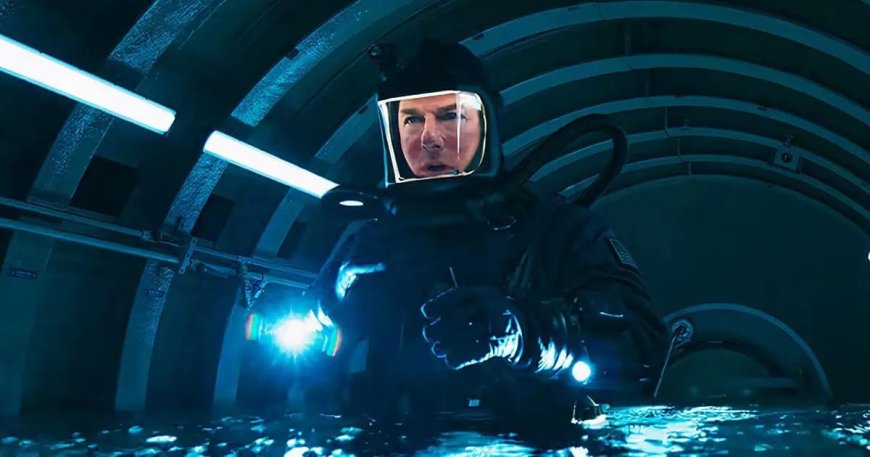
The franchise hit its stride with 2011’s Mission: Impossible – Ghost Protocol, directed by Brad Bird. The film’s jaw-dropping Burj Khalifa sequence, where Cruise scaled the world’s tallest building, became a cultural touchstone, emphasizing the series’ commitment to practical stunts. Grossing $694 million, it marked a turning point, solidifying Mission: Impossible as a critical and commercial juggernaut. Christopher McQuarrie, who took the helm with 2015’s Rogue Nation and continued through Fallout (2018), Dead Reckoning Part One (2023), and the upcoming 2026 finale, brought narrative cohesion and escalated the stakes. Fallout, in particular, earned $791 million and a 97% Rotten Tomatoes score, lauded for its HALO jump and helicopter chase, both performed by Cruise himself.
The franchise’s impact on Hollywood is multifaceted. First, it redefined the action genre by prioritizing practical effects over CGI. Cruise’s insistence on performing death-defying stunts—climbing cliffs, hanging off planes, or motorbike-jumping off mountains—set a new standard for authenticity. This approach, detailed in behind-the-scenes featurettes, contrasted with the CGI-heavy blockbusters of the 2000s, inspiring films like Mad Max: Fury Road and John Wick to emphasize real-world spectacle. Second, the series’ longevity, driven by Cruise’s dual role as star and producer via his Cruise/Wagner Productions (and later Skydance Media), showcased the power of star-driven franchises. His hands-on involvement in script development, director selection, and stunt design, as noted in Variety interviews, made Mission: Impossible a model for actor-led creative control.
Third, the franchise’s financial success—over $4.1 billion in global box office across seven films—proved the viability of long-running, high-budget action series. Unlike Marvel’s interconnected universe, Mission: Impossible thrives on standalone yet interconnected stories, allowing creative flexibility while maintaining audience loyalty. Its ability to evolve with each director’s vision, from De Palma’s suspense to McQuarrie’s operatic intensity, kept it fresh, influencing franchises like Fast & Furious to diversify their tones.
The series also created a flutter by pushing technological boundaries. Ghost Protocol popularized IMAX cameras for action sequences, now a staple in blockbusters. The franchise’s sound design, including Lalo Schifrin’s iconic theme, and its editing, often nominated for Oscars, raised the bar for technical craftsmanship. Moreover, its diverse ensemble—featuring Ving Rhames, Simon Pegg, Rebecca Ferguson, and Vanessa Kirby—broadened its appeal, subtly shifting the spy genre toward inclusivity.
However, the franchise faced challenges. Dead Reckoning Part One earned $567 million but fell short of expectations, partly due to its $291 million budget inflated by COVID delays, per The Hollywood Reporter. Competition from 2023’s Barbenheimer phenomenon also dented its IMAX run. Yet, its 94% Rotten Tomatoes score and ambitious AI-driven plot signal the series’ continued relevance as it approaches its 2026 conclusion.

What's Your Reaction?







